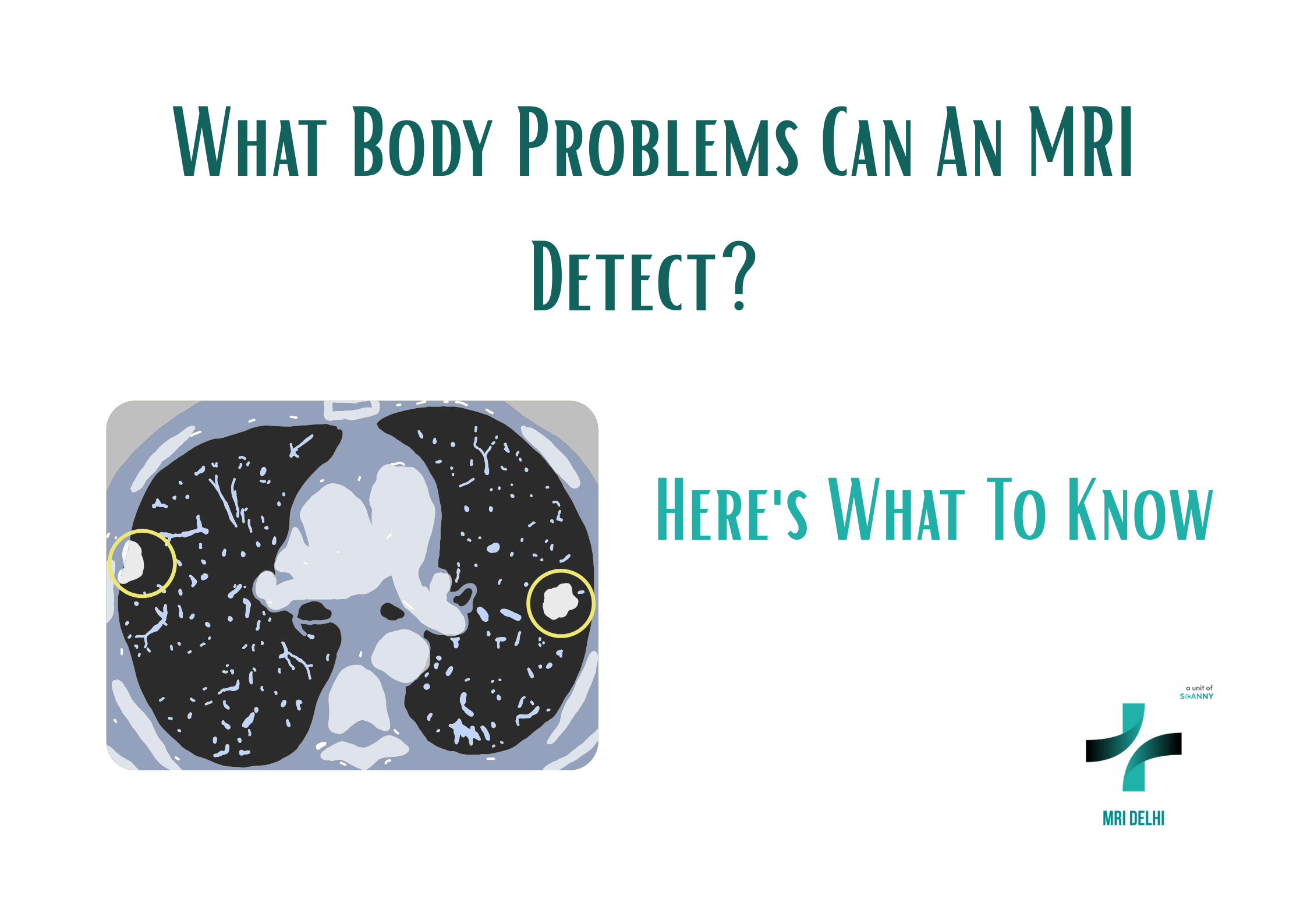MRI (Magnetic Resonance Imaging) stands as one of medicine’s most powerful diagnostic tools, capable of peering deep inside your body without a single incision. This remarkable technology uses magnetic fields and radio waves to create incredibly detailed images of your organs, tissues, and bones.

Medical professionals rely on MRI scans to diagnose hundreds of different conditions affecting virtually every part of your body. The technology excels at showing soft tissues that other imaging methods might miss, making it invaluable for detecting problems that could otherwise remain hidden until symptoms become severe.
Brain and Neurological Conditions
Stroke Detection MRI can spot strokes within minutes of occurrence, even tiny ones that might not cause obvious symptoms. The scan reveals damaged brain tissue and helps doctors determine the best treatment approach. Different types of strokes create distinct patterns on MRI images, allowing specialists to tailor recovery plans accordingly.
Brain Tumors Both cancerous and non-cancerous brain tumors show up clearly on MRI scans. The technology distinguishes between different tumor types and shows exactly where they’re located. Doctors use this information to plan surgeries or determine if other treatments might work better.
Multiple Sclerosis MS causes small patches of damage throughout the brain and spinal cord. MRI can detect these lesions even before patients experience symptoms, enabling early treatment that can slow disease progression significantly.
Dementia and Alzheimer’s Disease Brain shrinkage and other changes associated with dementia become visible on MRI scans. Doctors can track how these conditions progress over time and rule out other treatable causes of memory problems.
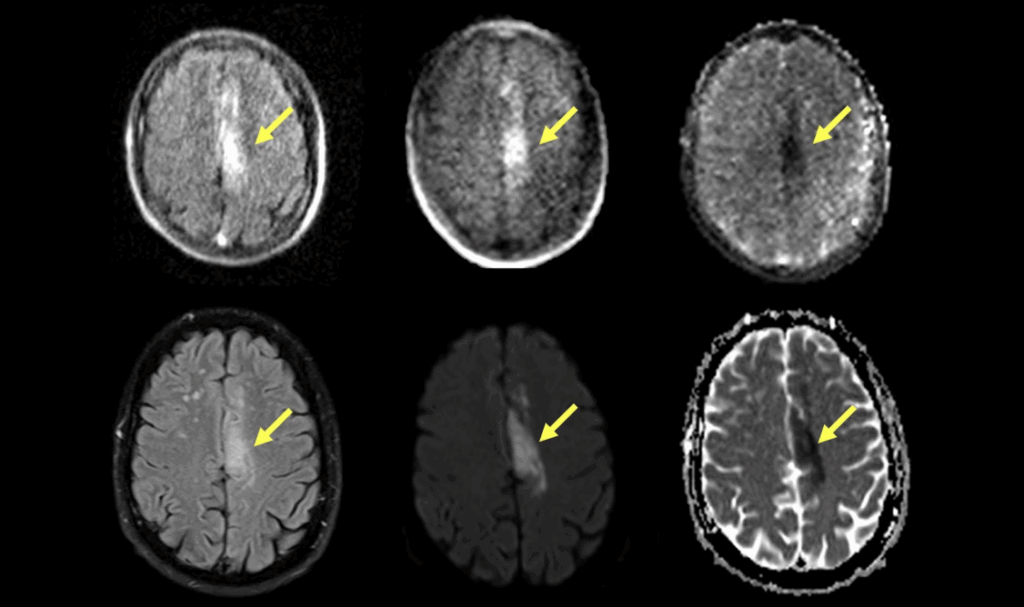
Spinal Problems
Herniated Discs When the cushions between your vertebrae bulge or rupture, MRI shows exactly which discs are affected and how severely. This information helps determine if physical therapy, medication, or surgery would be most effective.
Spinal Stenosis Narrowing of the spinal canal puts pressure on nerves, causing pain and numbness. MRI reveals where and how much narrowing has occurred, guiding treatment decisions and surgical planning when necessary.
Spinal Cord Injuries From minor compression to complete tears, MRI can assess spinal cord damage with remarkable precision. The scan helps predict recovery potential and guides rehabilitation planning.
Heart and Cardiovascular Issues
Heart Attack Damage MRI can detect heart muscle damage from both recent and old heart attacks. The technology shows which areas of the heart aren’t pumping effectively and helps doctors assess overall heart function.
Congenital Heart Defects Birth defects affecting heart structure become clearly visible on MRI scans. Doctors can see exactly how blood flows through the heart and identify problems that might need surgical correction.
Heart Valve Problems Leaky or narrowed heart valves show up on specialized cardiac MRI scans. The technology measures blood flow and helps determine when valve repair or replacement becomes necessary.
Joint and Bone Problems
Torn Ligaments and Tendons Sports injuries and everyday accidents can tear the tissues that hold your joints together. MRI shows the extent of damage and helps orthopedic surgeons plan the best repair approach.
Cartilage Damage The smooth cartilage that cushions your joints gradually wears away over time. MRI can detect early cartilage loss before joint pain becomes severe, allowing for preventive treatments.
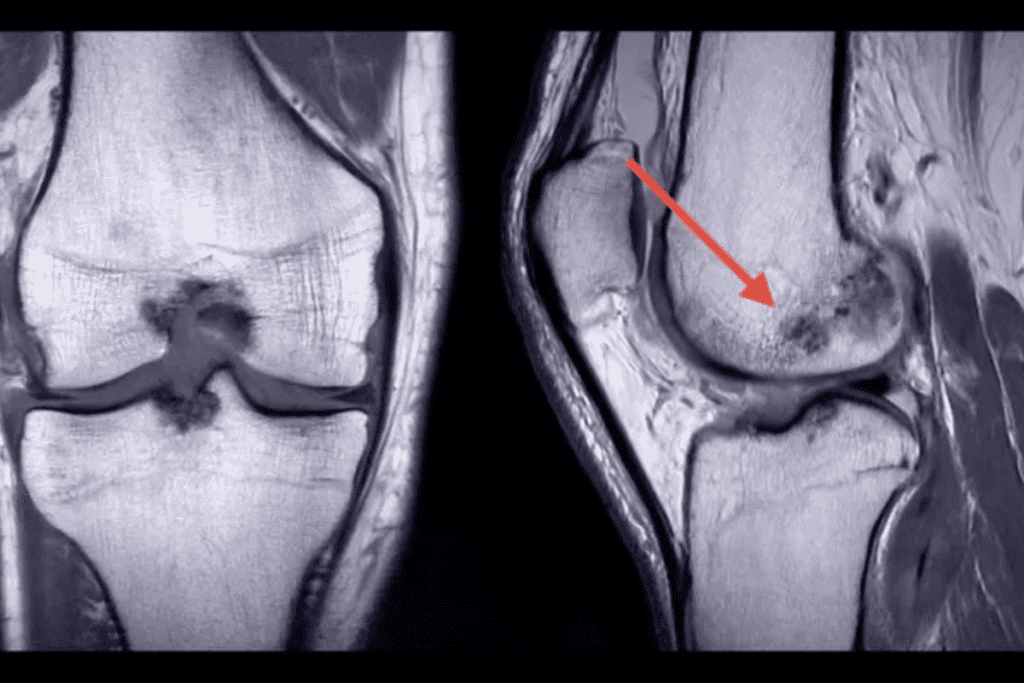
Bone Infections Serious bone infections can be difficult to diagnose with other tests. MRI shows infected areas clearly and helps doctors determine how far the infection has spread.
Stress Fractures Tiny cracks in bones from repetitive activities often don’t show up on regular X-rays. MRI can detect these stress fractures early, preventing more serious breaks from developing.
Abdominal and Pelvic Conditions
Liver Disease From fatty liver to cirrhosis, MRI can assess liver health and detect various forms of liver disease. The scan shows liver size, texture, and blood flow patterns that indicate different conditions.
Kidney Problems MRI reveals kidney stones, cysts, tumors, and other abnormalities. The technology can assess kidney function and detect problems that might lead to kidney failure if left untreated.
Reproductive System Issues Conditions like endometriosis, ovarian cysts, prostate enlargement, and reproductive cancers all show up clearly on pelvic MRI scans. This information guides treatment decisions and surgical planning.
Inflammatory Bowel Disease Crohn’s disease and ulcerative colitis cause inflammation and damage throughout the digestive tract. MRI can track disease activity and help doctors adjust medications accordingly.
Cancer Detection and Monitoring
Early Cancer Detection MRI can spot tumors when they’re still very small, often before patients notice any symptoms. Early detection dramatically improves treatment success rates for most types of cancer.
Cancer Staging Once cancer is diagnosed, MRI helps determine how far it has spread. This staging information is crucial for selecting the most appropriate treatment approach.
Treatment Monitoring During cancer treatment, regular MRI scans show how tumors respond to chemotherapy, radiation, or other therapies. Doctors can adjust treatment plans based on what the scans reveal.
Blood Vessel Problems
Aneurysms Weak spots in blood vessel walls that balloon outward can be life-threatening if they rupture. MRI can detect aneurysms throughout the body and monitor them over time.
Blocked Arteries Narrowed or blocked blood vessels show up clearly on MRI scans. This information helps doctors determine if procedures like angioplasty or bypass surgery are needed.
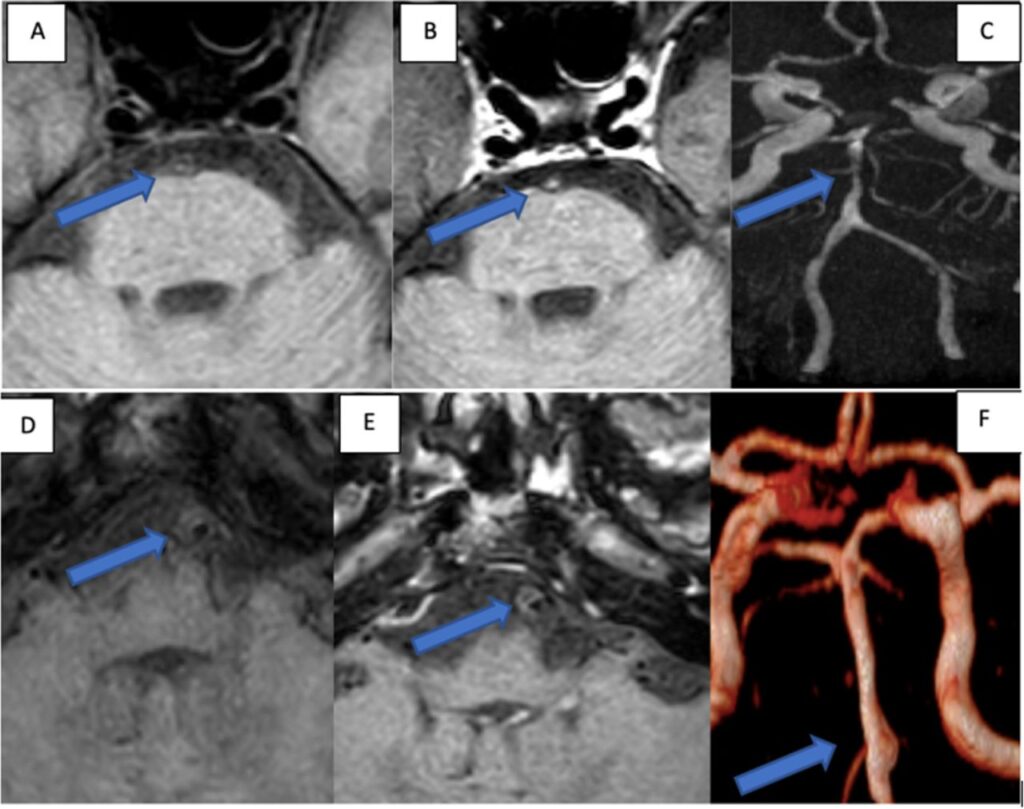
Blood Clots Dangerous blood clots in veins or arteries become visible on MRI scans. Early detection allows for prompt treatment that can prevent serious complications.
Muscle and Soft Tissue Conditions
Muscle Tears Pulled or torn muscles show up clearly on MRI scans, helping doctors determine the severity of injury and expected recovery time.
Soft Tissue Tumors Both benign and malignant tumors in muscles, fat, and other soft tissues can be detected and characterized using MRI technology.
Infection and Inflammation Areas of infection or inflammation appear different from healthy tissue on MRI scans, helping doctors locate problems and monitor treatment progress.
Frequently Asked Questions
How accurate is MRI for detecting medical problems?
MRI is extremely accurate for most conditions, with detection rates above 95% for many problems. However, accuracy depends on the specific condition being investigated and the quality of the MRI machine used.
Can MRI detect all types of cancer?
MRI can detect most types of cancer, but some cancers show up better on other imaging tests. Your doctor will choose the best imaging method based on the type of cancer suspected and where it might be located.
Does MRI show inflammation in the body?
Yes, MRI is excellent at detecting inflammation throughout the body. Inflamed tissues appear different from healthy tissues on MRI scans, making it easy for doctors to spot problem areas.
Can MRI detect mental health conditions?
MRI can show brain changes associated with some mental health conditions, but it’s not used to diagnose psychiatric disorders. Instead, doctors rely on clinical symptoms and psychological evaluations for mental health diagnoses.
How far in advance can MRI detect problems?
MRI can often detect problems months or even years before symptoms appear. This early detection is particularly valuable for conditions like cancer, where early treatment dramatically improves outcomes.
Does MRI work well for detecting bone problems?
While MRI can show some bone problems, CT scans and X-rays are usually better for most bone conditions. MRI excels at showing the soft tissues around bones, including muscles, ligaments, and cartilage.
Can MRI detect blood circulation problems?
Yes, specialized MRI techniques can show blood flow throughout the body. These scans can detect blocked arteries, poor circulation, and other vascular problems.
How often should someone get an MRI for health monitoring?
Most people don’t need regular MRI scans for health monitoring. Doctors typically order MRI scans when specific symptoms suggest a problem that MRI can help diagnose or monitor.
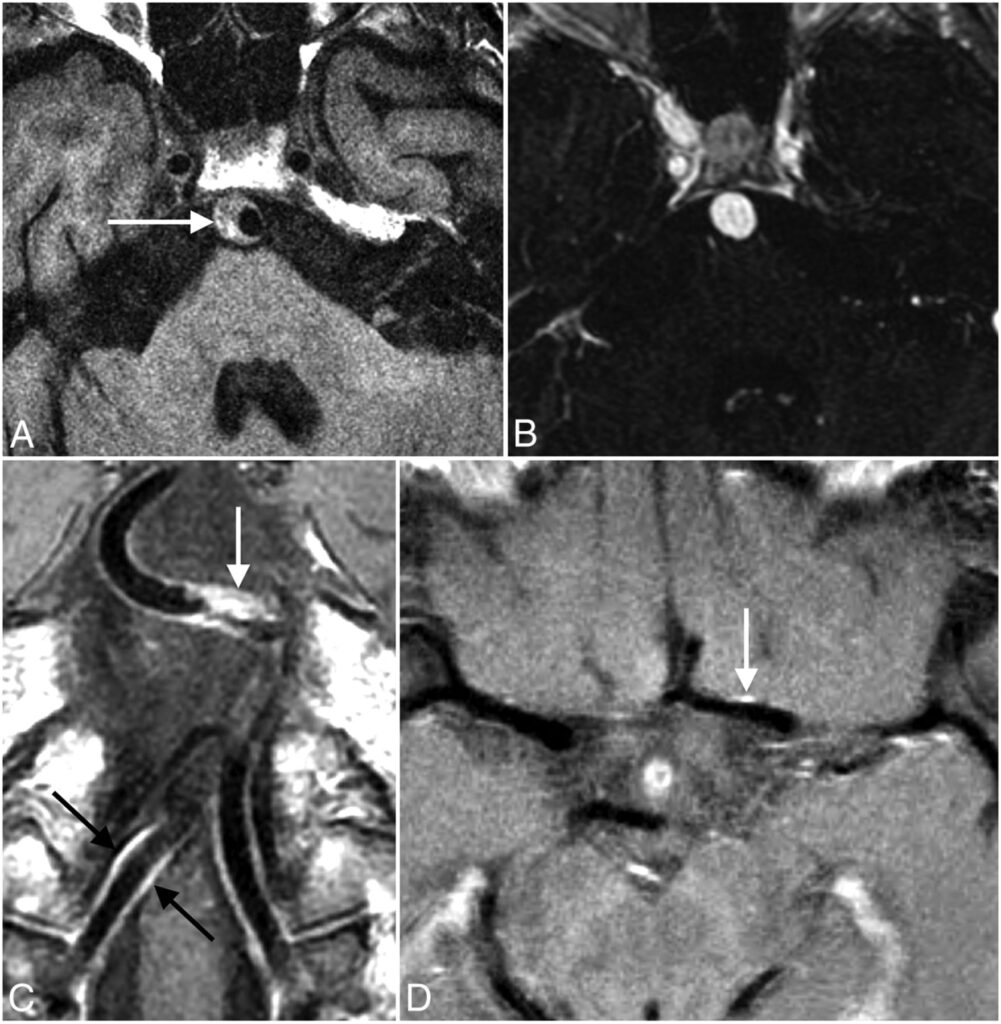
Can MRI detect drug or alcohol damage to organs?
MRI can show organ damage from drug or alcohol use, particularly in the liver, brain, and heart. However, the scan can’t determine what caused the damage without additional medical history.
Does MRI show nerve damage accurately?
MRI is very good at showing nerve compression and some types of nerve damage. However, nerve conduction studies and other specialized tests might be needed to fully evaluate nerve problems.
Can MRI detect autoimmune diseases?
MRI can show the effects of autoimmune diseases on various organs and tissues. While it doesn’t diagnose autoimmune conditions directly, it helps doctors monitor disease activity and treatment effectiveness.
How small of a problem can MRI detect?
Modern MRI machines can detect abnormalities as small as a few millimeters. The exact size depends on the body part being scanned and the type of problem being investigated.
When MRI Works Best
MRI excels at showing soft tissues like muscles, organs, and brain tissue. The technology works particularly well for detecting problems in areas where bones might block other imaging methods. Unlike CT scans, MRI doesn’t use radiation, making it safer for repeated scans and use in pregnant women when necessary.
Doctors often combine MRI results with other tests to get a complete picture of your health. Blood tests, physical examinations, and other imaging studies work together with MRI to provide accurate diagnoses.
The technology continues advancing rapidly, with newer MRI machines providing even clearer images in less time. Specialized techniques like functional MRI can even show brain activity in real-time, opening new possibilities for diagnosing neurological conditions.

